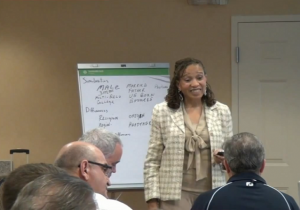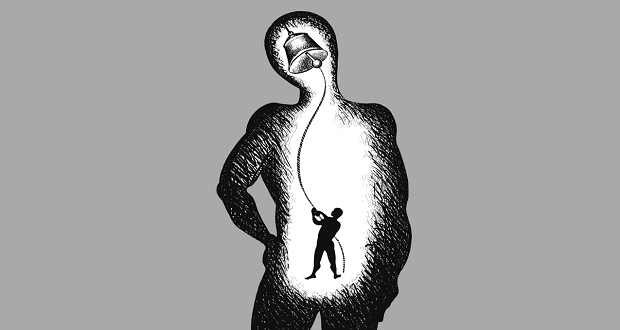 As The Winters Group celebrates 29 years in business on March 16th, I have been reflecting on why I do this work. I must admit that I resisted it in the beginning. The Winters Group started as a market research firm, conducting qualitative and quantitative surveys for clients. However I started my career in HR and affirmative action in the corporate world. And in college, I was quite the activist for social justice. I seemed to always be pulled back to working on issues of fairness and equality, even though I thought there was another calling for me. Now years later, I realize that diversity and inclusion work, truly is my passion and calling. So I thought I would offer the 7 reasons why I do this work, love my work, and want to continue to try to make a positive impact.
As The Winters Group celebrates 29 years in business on March 16th, I have been reflecting on why I do this work. I must admit that I resisted it in the beginning. The Winters Group started as a market research firm, conducting qualitative and quantitative surveys for clients. However I started my career in HR and affirmative action in the corporate world. And in college, I was quite the activist for social justice. I seemed to always be pulled back to working on issues of fairness and equality, even though I thought there was another calling for me. Now years later, I realize that diversity and inclusion work, truly is my passion and calling. So I thought I would offer the 7 reasons why I do this work, love my work, and want to continue to try to make a positive impact.
- I can visualize what a world of equality and fairness looks like and the possibility excites me. In the coming weeks, The Inclusion Solution will focus on the vision of equality and inclusion for the world.
- For every step we move forward in equalizing opportunities for all, we seem to move one step backwards. There are too many examples to list here, but let’s just take education. Public schools in the US are just as segregated today if not more than before the Brown vs. Board of Education Supreme Court school desegregation decision in 1954.
- Most individuals and organizations really want to “get D&I right.” There is genuine interest in understanding what is holding us back from the progress that is possible. I believe it is a lack of competence not conscience that is keeping us “stuck.” The Winters Group work now and into the future focuses on enhancing intercultural competence.
- While there is a desire to advance D&I, too many organizations are misguided by thinking it is a quick fix and no personal work is involved. We have to learn patience, persistence, personal, and process (the four P’s). Systemic change takes years of consistent application of change management principles and the courage to do our own personal work. As Eleanor Roosevelt said, “You must truthfully understand what makes you do things and feel things before you can be really sympathetic to what happens to other people.” A number of my clients over the years will say, “I have to get results this year. I don’t have years.” The other comment I hear is my leaders don’t want a lot of touchy feely stuff, meaning they don’t want to engage in the personal work. The fallacy with this approach is that the results you will get with a short term process will not yield sustainability.
- There are too many different models for D&I, some conflicting. The field needs some consistent definitions and standards by which to define and assess its work. The Society of Human Resource Management (SHRM) is taking a lead in developing standards for the field and I am very involved in this work.
- We are losing too much potential talent. For every child that receives sub-standard education, for every young person wrongly incarcerated, for every young professional who is not given the opportunity to reach his/her full potential, for every woman denied equal rights, we diminish our global collective opportunity to achieve human and socio- economic advancement.
- I want the world to be a more caring, accepting, loving place for future generations. I think about the type of world we are leaving to our children and grandchildren. In many ways it is better than it was even a generation ago, but in so many ways it is still not safe, not fair and not inclusive.


















